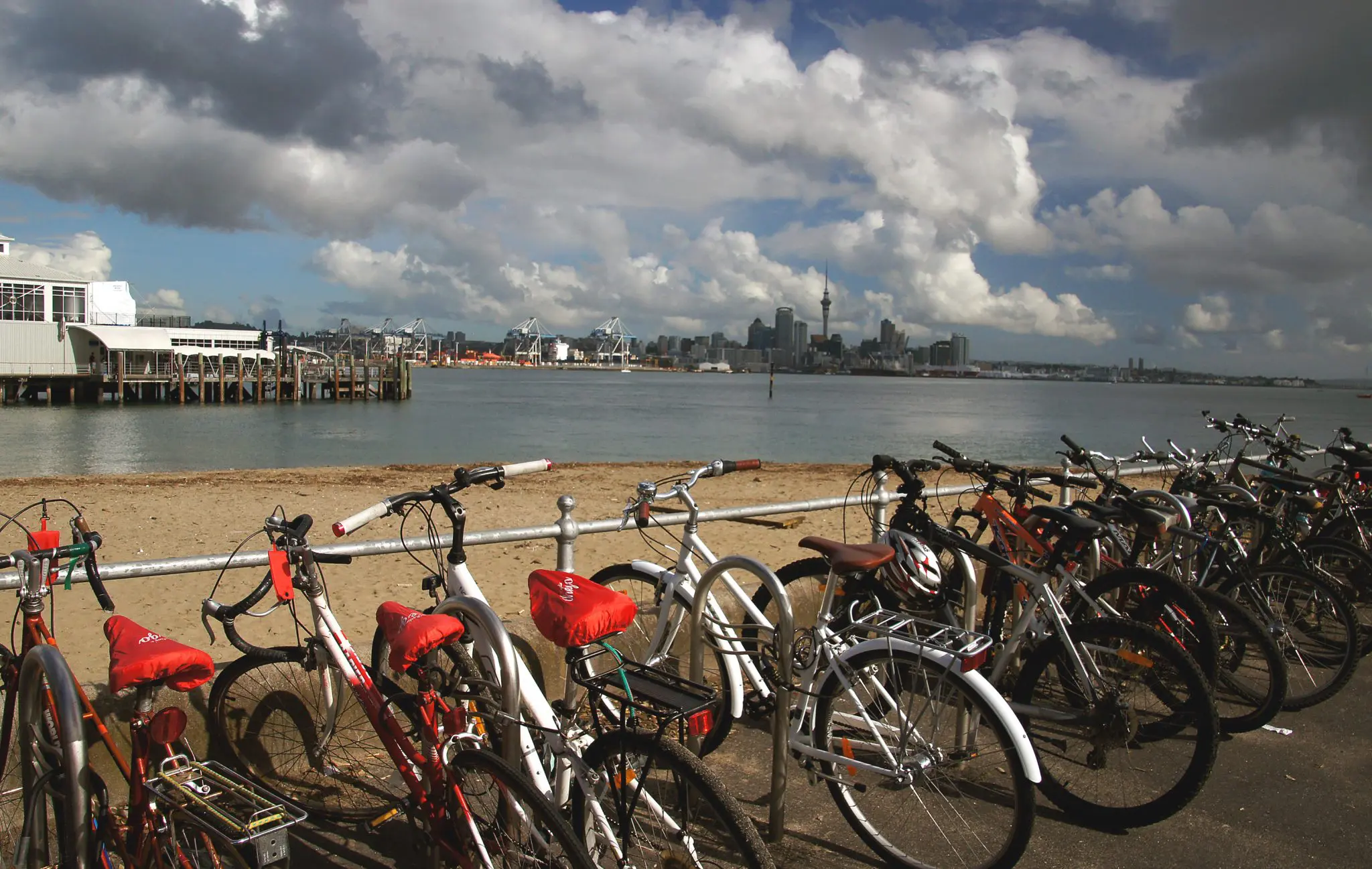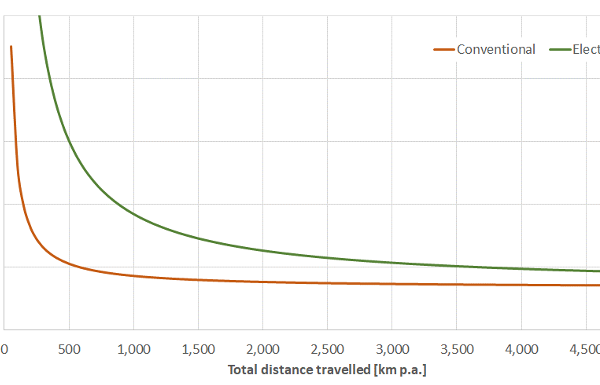
Domestic transport costs and charges study
End client
Ministry of Transport, New Zealand
Location
VLC was part of a consultant consortium engaged by the Ministry of Transport (MoT) to study the economic costs and financial charges associated with New Zealand’s domestic transport system. Outputs of the Domestic Transport Costs and Charges (DTCC) Study are intended to improve MoT’s understanding of economic costs and the extent to which they are covered by the charges that are paid by transport users. In this project, VLC were tasked with assessing costs and charges associated with active modes (walking and cycling), micro-mobility, ride-share and taxis, and parking and—where possible—disentangle average versus marginal costs.
Client requirements
The MoT commissioned the DTCC study to inform policy settings, such as the Transport Outcomes Framework (“TOF”), to deliver a transport system that improves wellbeing and livability. To do so, the outputs of the DTCC Study needed to provide broadly comparable estimates of the economic, environmental and social costs imposed by different transport modes; insight into how these costs varied between different contexts, such as urban to rural; and the extent to which those costs were currently ‘met’ by the charges paid by transport users.
Delivered outcome
VLC undertook transport modelling and data analysis to examine the economic costs and financial charges associated with several parts of New Zealand’s domestic transport system. VLC was tasked with estimating the economic costs and financial charges for walking / cycling, micro-mobility, ride-share and taxis, and parking. To understand costs and charges, VLC drew on a range of data sources, such as the New Zealand Census and Household Travel Survey, Open Street Maps, and Council ratings databases. Analysis was distilled into several working papers that are ultimately intended to inform policies that support economic prosperity, public health, and environmental sustainability.
